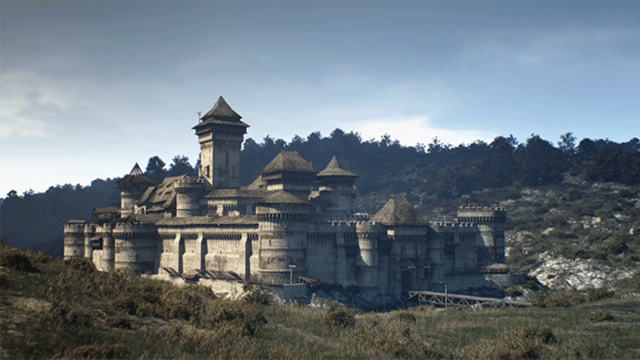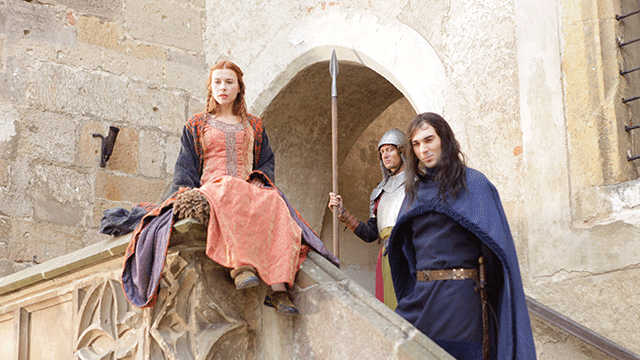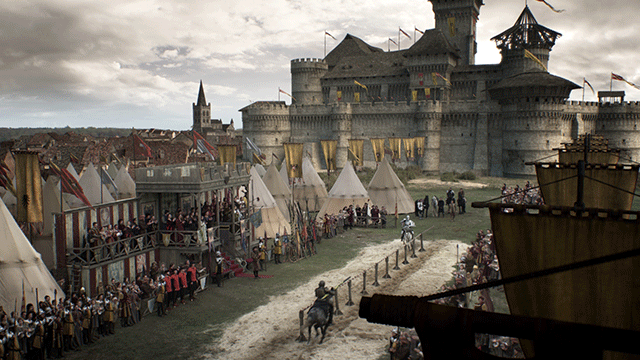Danger loomed. Year after year, hordes of Hungarian horsemen rode across the various regions of Germany, murdering, pillaging and wreaking havoc. In the year 955, King Otto ordered his troops to fight the decisive battle against the heathens. One of Otto’s supporters was Heinrich Tangel from Tannroda, Thuringia. Tangel was not a member of the nobility, but a peasant, one of the many milites of lowly birth. But these mounted warriors of peasant origin were the men who rose to the status of knight.
Reinbold von Rappoldstein of Alsace was born into the ranks of knighthood. In the 11th century, the life of the medieval knights was still rough and anarchic. The knight was always in pursuit of “aventiure”. Jousting tournaments were more like all-out war than a war game, and a knight’s liberties included the law of the jungle and feuds. The “peace of God” was needed to protect against the despotism and violence of the knights. It was at this time that the first great medieval epics appeared, romances that were supposed to teach knights the codes of chivalry.


